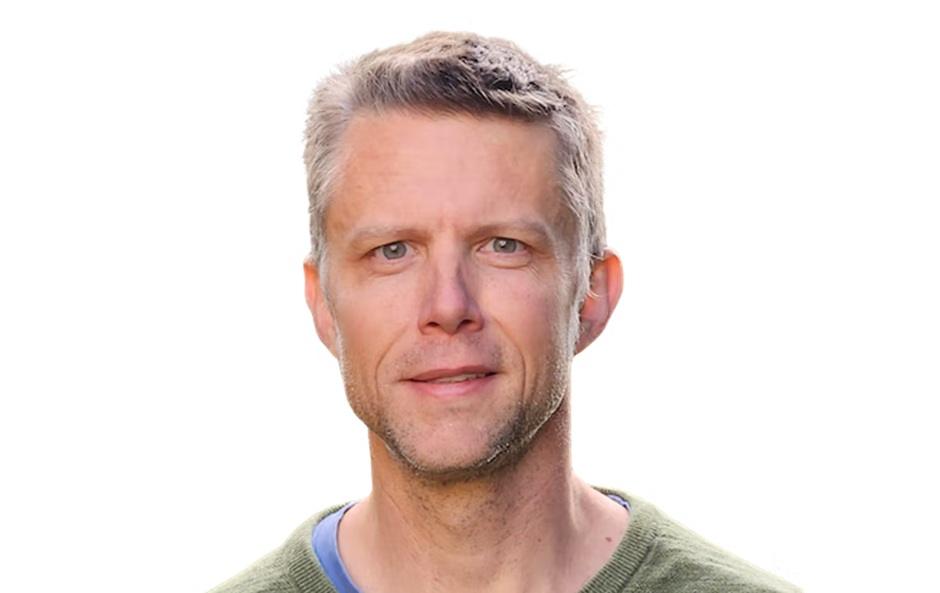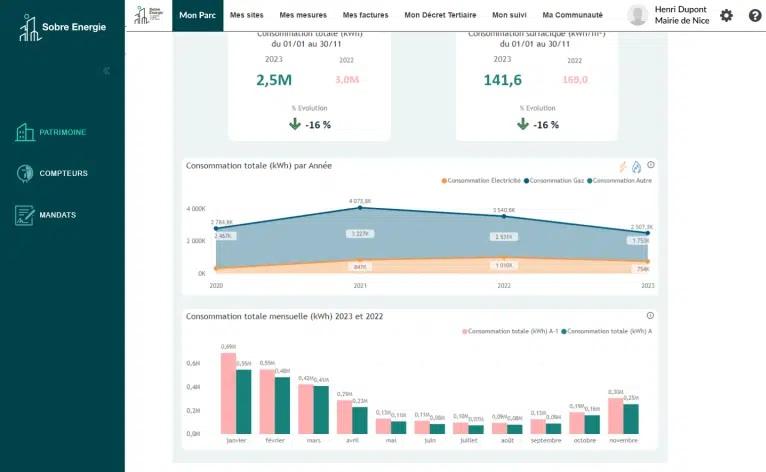Watershed, Stanford Take Over Key Supply Chain Emissions Database After EPA Stops Updating it
Climate solutions provider Watershed announced the launch of “Cornerstone,” a new initiative in partnership with Stanford University’s Stanford Sustainable Solutions Lab, aimed at maintaining and expanding access to key datasets used by companies to measure Scope 3 value chain emissions.
Under the new initiative, Cornerstone will act as the hub for open access to the US Environmentally-Extended Input-Output model (USEEIO), the U.S. Environmental Protection Agency’s (EPA) model for carbon accounting, and for Watershed’s global carbon accounting model, the Comprehensive Environmental Data Archive (CEDA).
According to Watershed, USEEIO and CEDA are two most widely used models for value chain, or Scope 3, carbon accounting and for policy research, citing CDP data indicating that the models are used to calculate around 65% of Scope 3 corporate carbon measurements globally.
Cornerstone will include former EPA lead and architect of the USEEIO model Dr. Wesley Ingwersen as Technical Director. Ingwersen was let go from the EPA in July after signing a letter asking Administrator Lee Zeldin to reconsider the new direction of the agency. The agency has subsequently reportedly announced that it will no longer update the database.
Other leaders of the initiative will include Dr. Sangwon Suh, Head of Science at Watershed and developer of CEDA, and Dr. Steve Davis, Professor at the Stanford Doerr School of Sustainability, as Technical Advisors.
CEDA was created by environmental database provider VitalMetrics, which Watershed acquired in 2023. Earlier this year, Watershed launched an open and free version of CEDA in a move aimed at enabling organizations and companies to make more accurate decarbonization decisions.
Under the new initiative, USEEIO and CEDA will merge into a single global open multi-regional input output model managed by Cornerstone in the coming months, providing a new model aimed at driving significant improvements in Scope 3 measurement, as well as expanding beyond greenhouse gas emissions to assess regional air and water quality, water use, and waste generation. The Stanford Sustainability Lab will lead research applying the model to identify and prioritize solutions to pressing sustainability challenges in energy and food systems, in addition to supporting ongoing model development. Watershed added that Cornerstone will onboard additional open source contributors over time.
Christian Anderson, co-founder of Watershed, said:
“By combining the most trusted environmental data models and keeping them open to the world, we hope to help companies and organizations build and maintain momentum on sustainability.”





